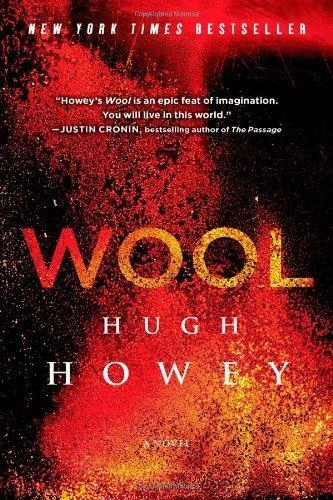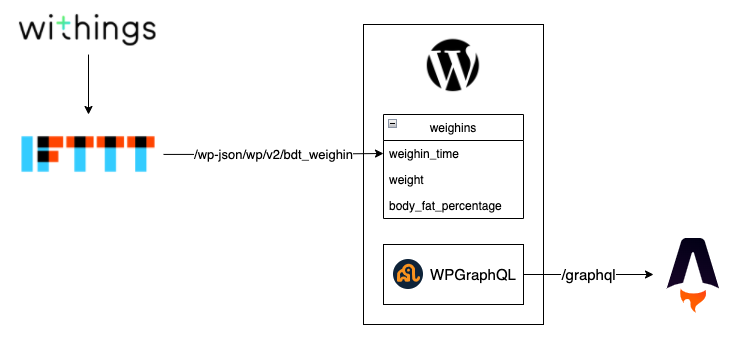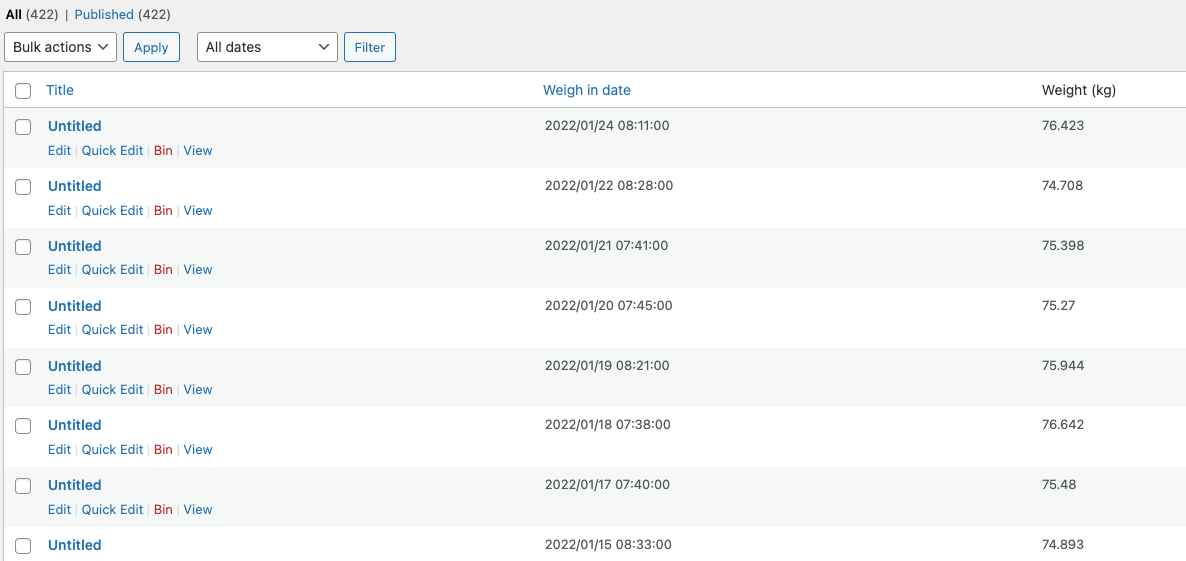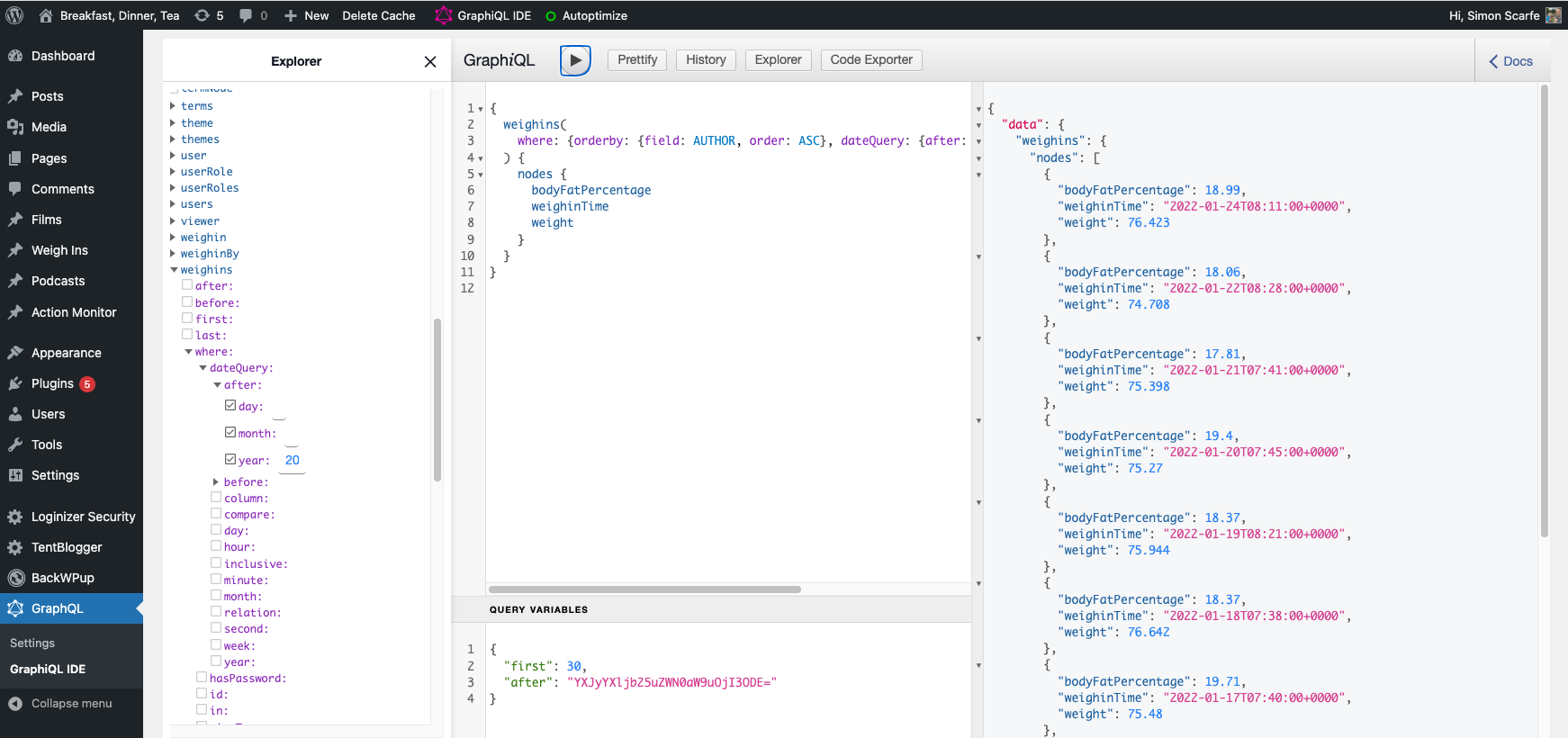I originally gave this book 3/5 on Goodreads, however, now I’ve revisited the book and made some personal summarisations from my highlights – I feel I need to revisit that.
My original just-finished-it instinct was that the research part of the book was too deep and took me into methodologies that I ultimately don’t care about. In fact, I nearly dropped out during that section. Having battled through, I realise that would have been a mistake – after that, there is a great leadership case study that really hits home some of the messages around the culture the book promotes needing to be developed and learned, rather than being the result of blindly applying archetypes.
Still, the research methodology part is a third of the book – at least structurally. I would advise any potential readers that that is entirely skippable if you’re prepared to trust the source and take the advice it’s pushing at face value. After all, the advice is backed with logic and reasoning – which for me, is more persuasive than “we spotted correlation in these heuristics for high performing organisations”, which isn’t as compelling for me as it may be for others.
The first part of the book is full of absolute gold, end to end. Mostly backing up a lot of the literature around the benefits of things like Continuous Delivery, Lean Product Management and working in agile teams. But it presents it in a nicely joined-up way, built around the hypothesis that high performing teams deliver quickly and build stable systems – offering four simple heuristics that theoretically cement those two features.
It digs a lot into building organisational cultures – citing some of the good research into what makes for a performing team at Google (Westrum generative cultures, learning organisations, etc).
It examines technical practices that contribute to the above – why and how continuous delivery works, the benefits of automation, versioning everything, test strategies, embedded disciplines (devops, devsecops, the job of testers in a highly automated world etc).
There’s large importance put on security, reserving a full section to it – where the conclusion (naturally, given some of the authors’ previous DevOps literature) is that you should build it into your process as early as possible.
I found the culture and leadership sections to be particularly good – backing up a lot of my own personal thoughts and biases. Lots about organisations forming their own paths and not just mimicking their way to culture change – which feels obvious, but probably isn’t given how much Cargo Cultism there is in tech.
I think that all in, there aren’t any new conclusions drawn in this book, but it is great to have them in one place. The book sees its own USP as the exhaustive research, but as I say, I found it exhausting, and not to be its real strength. The density and jumping off points & onward knowledge journeys are what really made it a great read for me.




